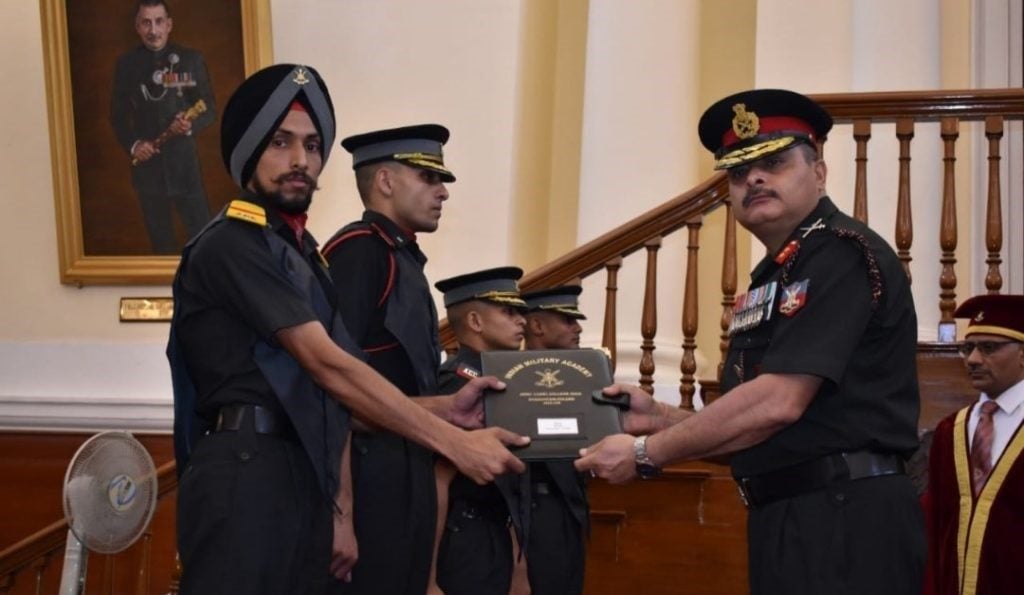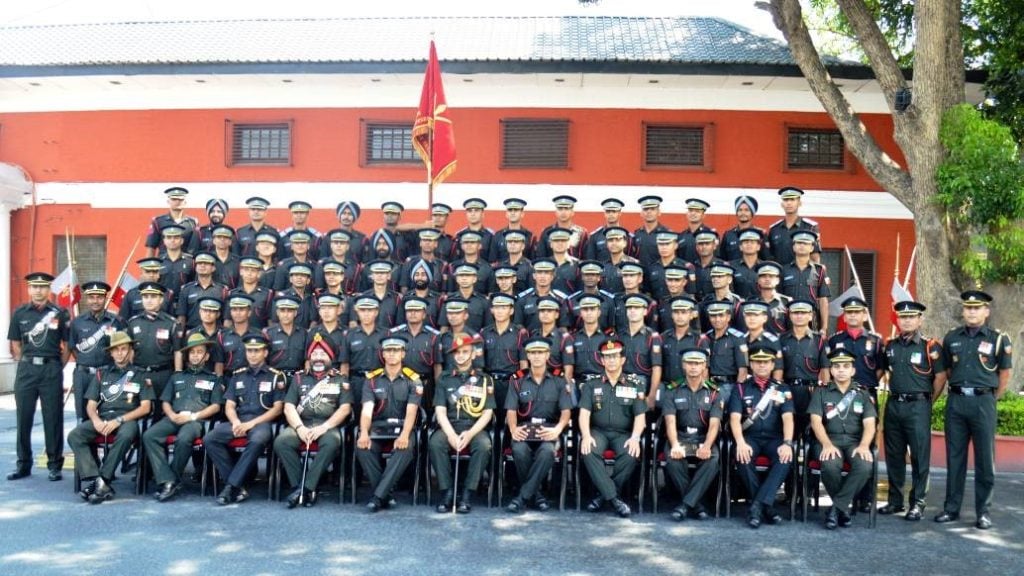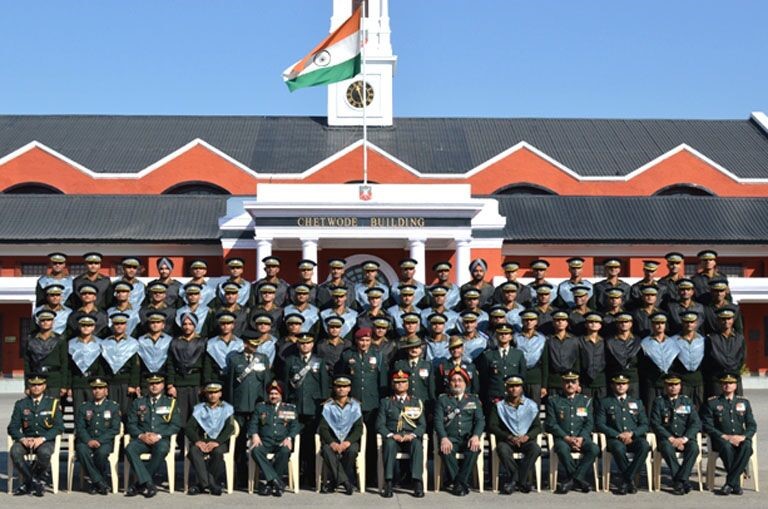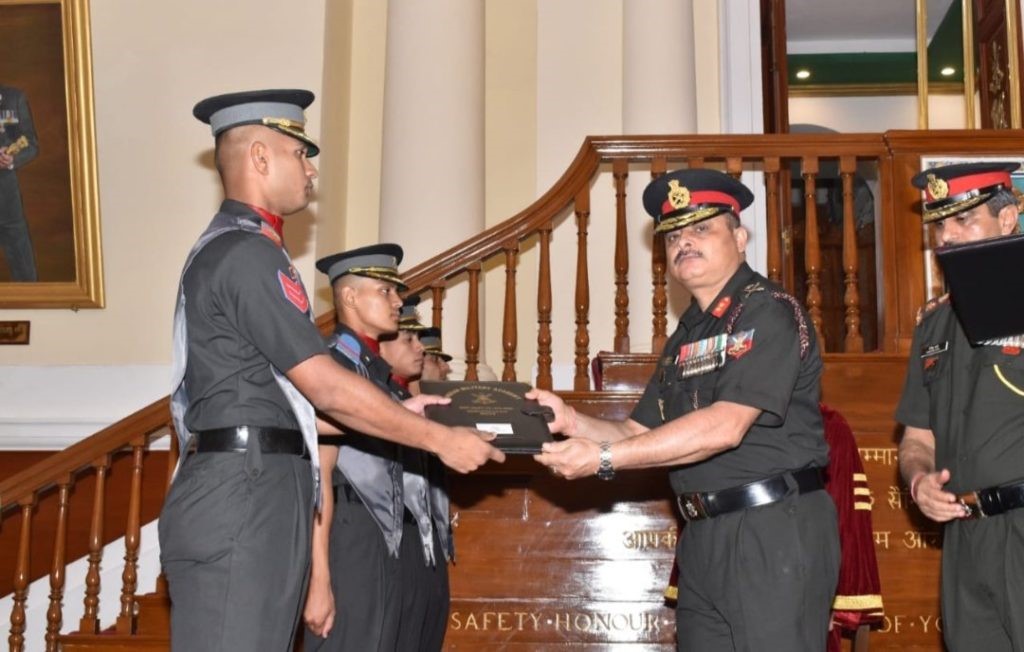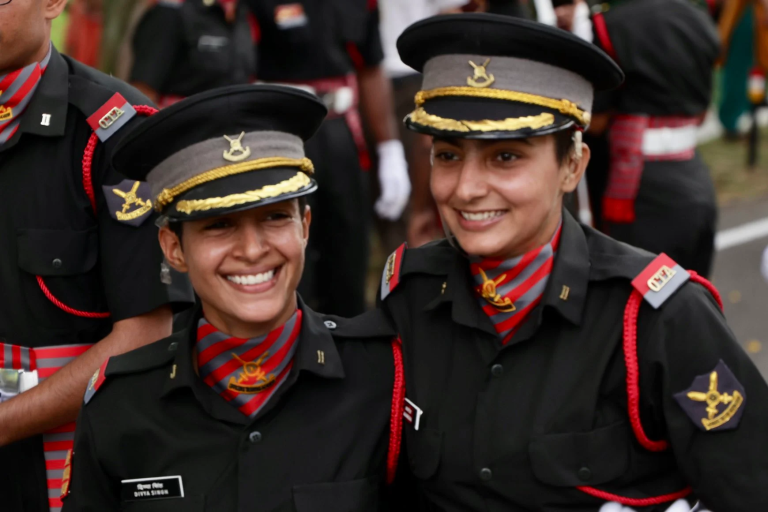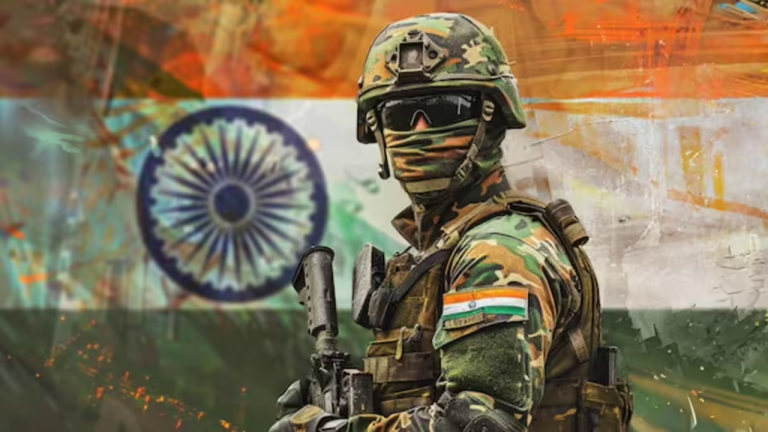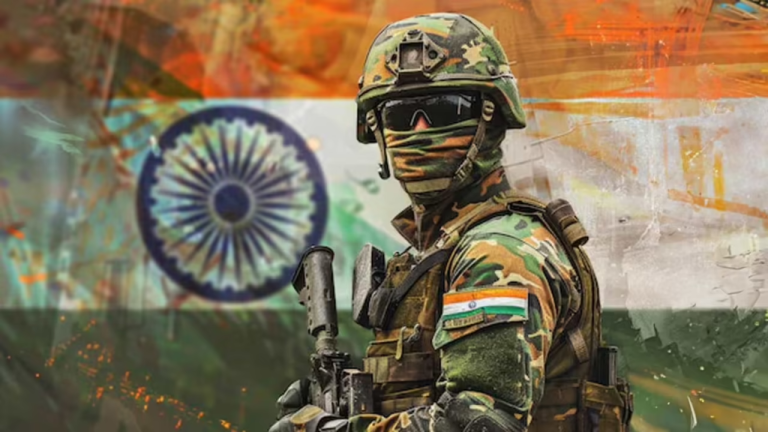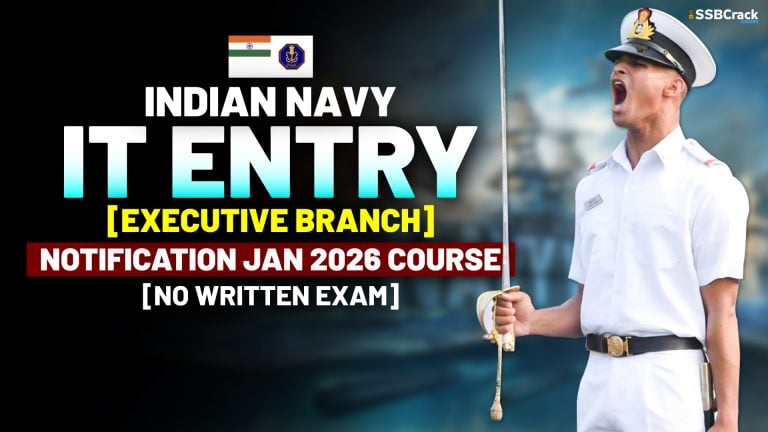The Army Cadet College (ACC) serves as a prestigious institution for individuals currently serving in the Indian Armed Forces, providing them with a pathway to become commissioned officers. This guide will delve into the various facets of the ACC Exam, including eligibility criteria, selection procedures, exam patterns, preparation strategies, and the overall significance of the ACC in shaping future military leaders.
The ACC is an integral part of the Indian Military Academy (IMA), designed specifically for soldiers, airmen, and sailors aiming to ascend to officer ranks. The college focuses on cultivating essential leadership qualities through a blend of military training, academic education, and character development.
Historical Background
Established to enhance the skills of serving personnel, the ACC has evolved into a pivotal institution for nurturing leadership in the Indian Army. Over the years, it has transformed numerous soldiers into capable officers, contributing significantly to national defense.
Also Read | All About IAF: Meaning, Roles, and Missions
Role and Importance
The ACC emphasizes the development of not just military skills but also intellectual and ethical dimensions necessary for effective leadership. The training provided here prepares cadets to navigate the complexities of military operations, ensuring they are well-equipped to handle both combat and peacetime responsibilities.
Eligibility Criteria for the ACC Exam
Before aspiring candidates can embark on their journey through the ACC, they must meet specific eligibility requirements aimed at ensuring they possess the requisite skills and experience.
Age Limit
Candidates must fall within the age bracket of 20 to 27 years at the time of application. This range is designed to ensure that applicants are mature enough to handle the rigors of military training while still being youthful enough to endure the demanding curriculum.
Educational Qualifications
A minimum educational qualification of 10+2 or its equivalent is required. This ensures that candidates possess a foundational level of academic knowledge necessary for the challenges they will face at the ACC. While higher educational qualifications can be advantageous, they are not mandatory.
Service Requirements
Candidates must have served a minimum of two years in the Indian Army, Navy, or Air Force. This requirement underscores the importance of practical military experience, which is vital for effective leadership.
Physical and Psychological Fitness
Given the demanding nature of military training, candidates must meet specific physical fitness standards. This includes passing medical examinations and demonstrating physical endurance through various fitness tests. Additionally, psychological assessments are conducted to evaluate mental resilience and leadership potential.
The ACC Exam Structure
The ACC Exam is structured to assess candidates across multiple dimensions, ensuring a holistic evaluation of their capabilities.
Exam Phases
The selection process comprises two main phases:
- Written Examination
- SSB Interview
Written Examination Details
The written exam typically consists of multiple-choice questions covering various subjects. The exam is designed to evaluate candidates’ general mental ability, current affairs knowledge, and academic proficiency.
Subjects Covered
- General Mental Ability Test (GMAT): Assesses reasoning and analytical skills.
- Current and General Awareness Test (CGAT): Evaluates awareness of current events and military knowledge.
- Interactive Communicative English (ICE): Tests proficiency in English communication.
- Academic Content Test (ACT): Focuses on subjects relevant to the 12th-grade curriculum.
Examination Pattern
The written exam is divided into four sections, each contributing to the overall score. Below is a detailed breakdown:
| Subject | Number of Questions | Total Marks | Marks for Correct Answer |
|---|---|---|---|
| General Mental Ability | 150 | 300 | +2 |
| Current General Awareness | 150 | 300 | +2 |
| Interactive Communicative English | 120 Objective + 30 Descriptive | 300 | OTQ: +1, DQ: +6 |
| Academic Content Test | 150 | 300 | +2 |
Selection Process
Successfully passing the written examination is just the first step. Candidates who excel will be invited for the SSB interview, which is a comprehensive assessment of their suitability for a career as an officer.
SSB Interview Phases
The SSB interview spans five days and includes various tests designed to evaluate different aspects of a candidate’s personality and capabilities:
- Day 1: Intelligence tests and picture perception.
- Day 2: Psychological tests and group tasks.
- Day 3: Group testing officer (GTO) tasks.
- Day 4: Personal interviews.
- Day 5: Final conference.
Medical Examination
Candidates who clear the SSB interview must undergo a medical examination to ensure they meet the health standards required for military service.
Preparing for the ACC Exam
Preparation for the ACC Exam requires a strategic approach, as candidates must balance their military duties with their studies.
Study Resources
Utilizing the right study materials is crucial. Candidates should focus on:
- Books: Specific guides for ACC preparation, including practice papers and previous years’ questions.
- Online Courses: Enrolling in courses specifically tailored for ACC aspirants can provide structured learning.
- Mock Tests: Regularly taking mock exams to gauge readiness and improve time management skills.
Time Management
Candidates must develop a study schedule that accommodates their military responsibilities while allowing sufficient time for exam preparation. This may involve:
- Setting aside dedicated study hours each day.
- Prioritizing subjects based on strengths and weaknesses.
- Using weekends for intensive study sessions.
Also Read | AFSB Full Form, Process and Functioning
The Importance of Physical Fitness
Physical fitness is a cornerstone of military training and plays a significant role in the ACC selection process.
Fitness Regimen
Candidates should engage in a well-rounded fitness program that includes:
- Cardiovascular Training: Running, cycling, or swimming to build endurance.
- Strength Training: Exercises like push-ups, sit-ups, and weightlifting to enhance physical strength.
- Flexibility Exercises: Yoga or stretching routines to improve overall agility.
Fitness Assessments
Regular assessments can help candidates track their progress and make necessary adjustments to their training routines.
The Role of Psychological Assessments
Psychological assessments during the selection process are designed to evaluate a candidate’s mental fortitude and leadership potential.
Importance of Psychological Resilience
Military leaders must possess strong psychological resilience to manage stress and make sound decisions under pressure. Candidates should focus on:
- Stress Management Techniques: Practices such as meditation and mindfulness can enhance mental resilience.
- Teamwork and Leadership Exercises: Engaging in group activities can help develop essential leadership skills.
Career Prospects After ACC
Graduates from the ACC are well-positioned for diverse career opportunities within the Indian Army.
Commissioning as Officers
Upon successful completion of the ACC training, cadets are commissioned as officers, ready to take on various roles in the military.
Specialized Training Opportunities
Newly commissioned officers may receive additional training in specialized areas, including:
- Infantry Training: Focused on tactics and operations.
- Armoured Corps Training: Involves tank warfare and the use of armored vehicles.
- Artillery Training: Centers on weaponry and tactical operations.
Leadership Roles
ACC graduates are equipped to assume significant leadership positions, including:
- Command Positions: Leading troops in various operations.
- Staff Roles: Providing strategic and operational support.
- Instructional Roles: Teaching at military academies and training centers.
Also Read | CDS Full Form and Job Profile, Check All Details
Conclusion
The Army Cadet College (ACC) offers a unique pathway for serving military personnel to transition into officer roles within the Indian Army. By understanding the eligibility criteria, preparation strategies, and selection processes, candidates can embark on a transformative journey that not only enhances their careers but also contributes to the nation’s defense. The ACC stands as a beacon of opportunity for those aspiring to lead and serve.
FAQs
1. What is the age limit for the ACC Exam?
Candidates must be between 20 and 27 years old at the time of application.
2. What educational qualifications are required for the ACC Exam?
A minimum of 10+2 or its equivalent is required.
3. How many attempts can a candidate make for the ACC Exam?
Candidates are allowed a maximum of three attempts.
4. Is there a physical fitness requirement for the ACC Exam?
Yes, candidates must meet specific physical fitness standards and pass medical examinations.
5. What is the selection process for the ACC?
The selection process includes a written examination followed by an SSB interview and medical tests.
